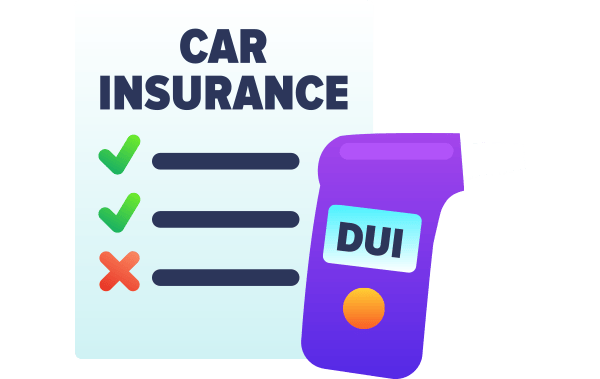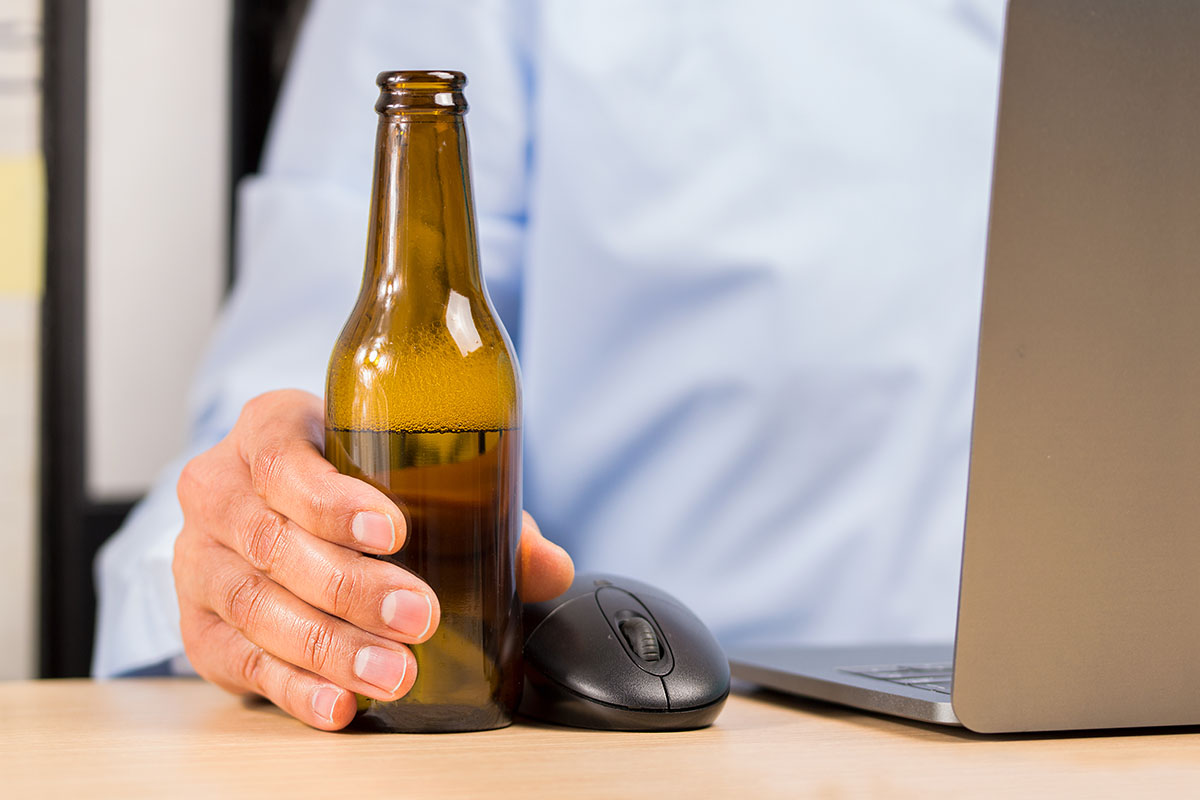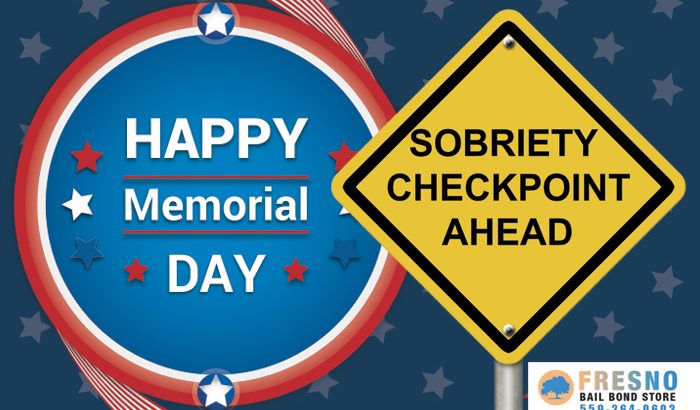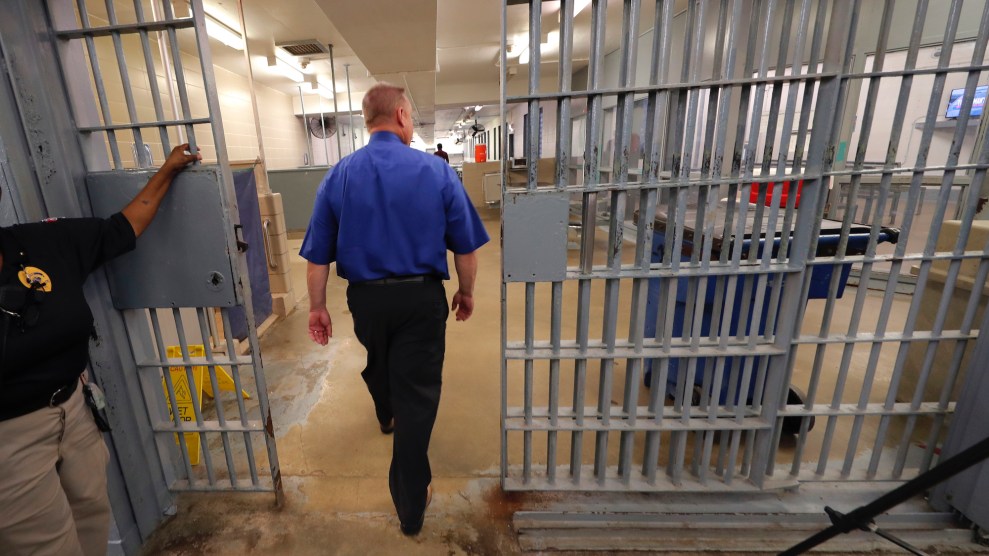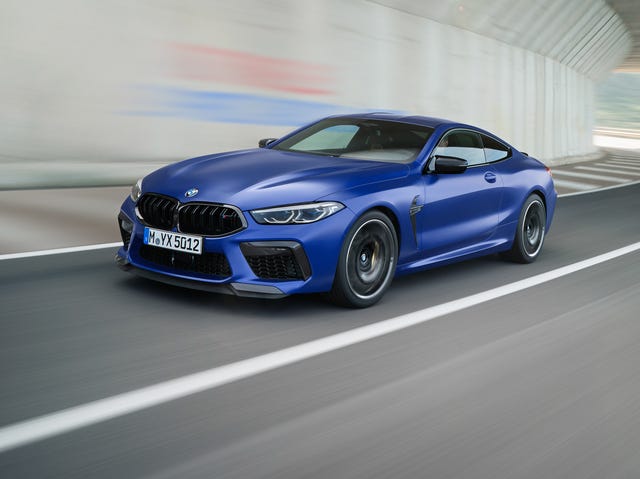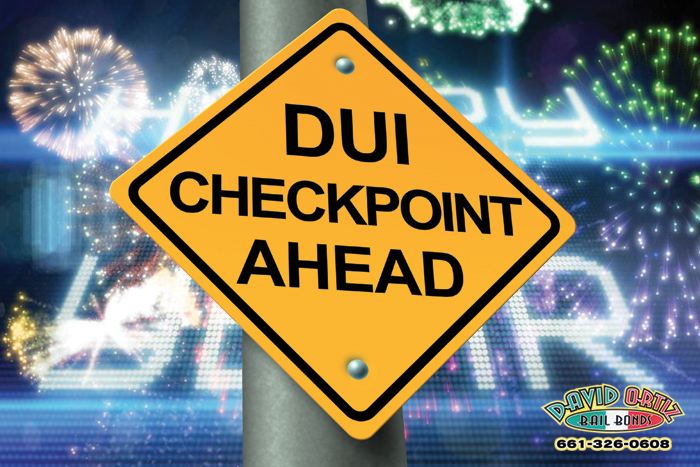
In City of Seattle v. Levesque, the WA Court of Appeals held that a police officer, who is not a Drug Recognition Expert (DRE), may not give an opinion on whether the defendant was guilty of DUI.
BACKGROUND FACTS
On April 29, 2015, the Seattle Police Department dispatched Officers Hinson and Officer Coe to the scene of an automobile accident involving two vehicles. Levesque had failed to stop his vehicle prior to hitting the vehicle in front of him. The accident caused moderate to severe damage, and Levesque’s vehicle could not be driven.
Officer Hinson placed Levesque under arrest for DUI.
Although Officer Hinson had received training in field sobriety tests (FSTS), he did not perform any FSTs at the scene because of Levesque’s symptoms, the absence of any alcohol smell, and the location of the accident and corresponding impracticability of FSTs. Officer Hinson did not perform a horizontal gaze nystagmus (HGN) test for signs of impairment. Officer Hinson, who is not DRE certified, testified that he attempted to contact a DRE by radio, but no DRE was available.
For those who don’t know, a DRE is a police officer trained to recognize impairment in drivers under the influence of drugs other than, or in addition to, alcohol.
After arresting Levesque, Officer Hinson transported Levesque to Harborview Medical Center, where he had his blood drawn. The drug analysis results showed that Levesque’s blood contained 0.14 milligrams per liter (mg/L) of amphetamine and 0.55 mg/L of methamphetamine. The City charged Levesque with DUI.
Before trial, Levesque moved in limine to exclude any testifying officer’s opinion on ultimate issues. The trial court granted the motion but ruled that an officer could state “in his opinion, based upon the totality of the circumstances, that Levesque was impaired.” The trial court also granted Levesque’s additional motion to exclude officers as experts but declared that an officer—testifying as a lay witness—could “certainly testify to what he objectively observed during the investigation.”
Officer Hinson testified that through his training and experience Levesque showed signs as possibly being impaired by a stimulant. When asked to opine as to whether Levesque was impaired by drugs, Officer Hinson testified that his opinion was that Levesque was definitely impaired at the time of the accident.” Levesque objected to Officer Hinson’s testimony and requested a mistrial outside the presence of the jury following a lunch recess. The court overruled Levesque’s objections.
Also at trial, Levesque offered an alternative theory for his perceived impairment. Levesque’s defense theory was that he was prescribed medication for injuries which explain his behavior. In support of this defense, Levesque presented testimony from his physician about treatment and prescriptions that she gave Levesque prior to the accident, her diagnoses, and Levesque’s symptoms.
The jury convicted Levesque of driving while under the influence. Levesque appealed his conviction to the superior court, which reversed based on Officer Hinson’s opinion testimony. The city of Seattle (City) appealed.
COURT’S ANALYSIS & CONCLUSIONS
The Court of Appeals reasoned that opinion testimony must be deemed admissible by the trial court before it is offered. Opinion testimony may be admissible under ER 701 as lay testimony or ER 702 as expert testimony. However, when opinion testimony that embraces an ultimate issue is inadmissible in a criminal trial, the testimony may constitute an impermissible opinion on guilt. Furthermore, impermissible opinion testimony regarding the defendant’s guilt may be reversible error.
Here, the opinion testimony at issue consists of Officer Hinson’s statements that Levesque showed signs and symptoms of being impaired by a specific category of drug – i.e., a CNS stimulant – and that Levesque was “definitely impaired” at the time of the accident.
“We conclude that because Officer Hinson was not a drug recognition expert (DRE) and lacked otherwise sufficient training and experience, he was not qualified to opine that Levesque showed signs and symptoms consistent with having consumed a particular category of drug.” ~WA Court of Appeals
Furthermore, the Court of Appeals reasoned that because the officer’s opinion that Levesque was “definitely impaired” constituted an impermissible opinion of Levesque’s guilt, the trial court’s admission of that testimony violated Levesque’s constitutional right to have the jury determine an ultimate issue. Finally, because Levesque presented an alternative theory for his behavior, the City did not establish beyond a reasonable doubt that any reasonable jury would have convicted Levesque. “Therefore, we affirm the superior court’s reversal of Levesque’s conviction,” said the Court of Appeals.
My opinion? Excellent decision. And excellent work on behalf of his defense attorney. They did a great job of making a record for not only trying to suppress the officer’s opinion evidence during motions in limine, but also for properly objecting at the right time and preserving the issue for appeal when the officer unlawfully offered the opinion testimony.
Under Evidence Rule 704, witnesses may not testify to opinions concerning intent, guilt, or innocence in a criminal case; the truth or falsity of allegations; whether a witness has testified truthfully; or legal conclusions. This is because testimony from witnesses on these issues is not probative and is, in fact, prejudicial to criminal defendants. Good opinion.
Please contact my office if you, a friend or family member are charged with DUI. Hiring a competent and experienced criminal defense attorney who is well-versed on pretrial motions and the rules of evidence is the first and best step toward justice.
